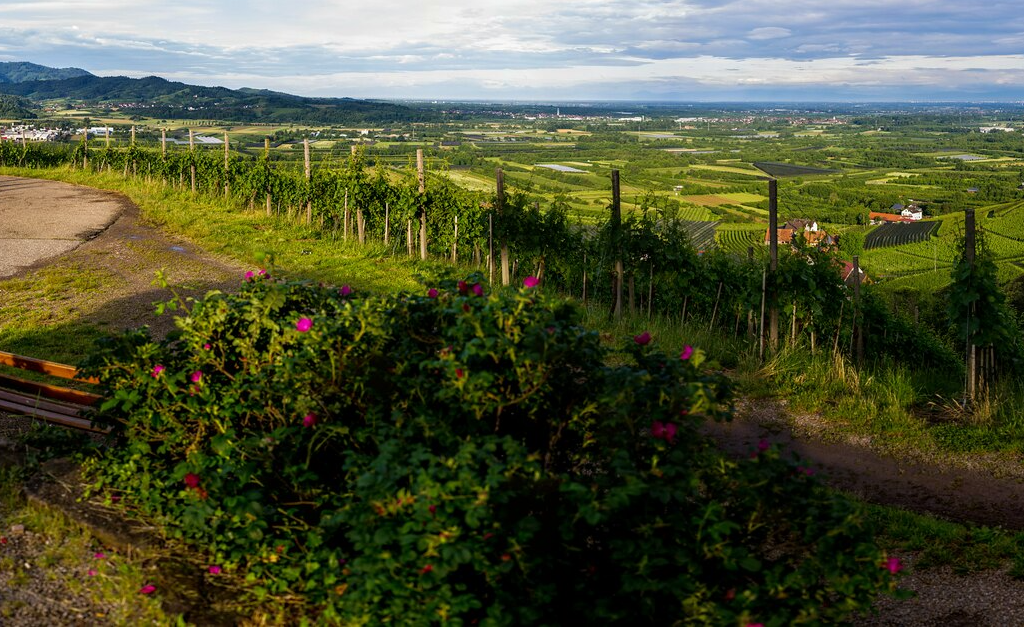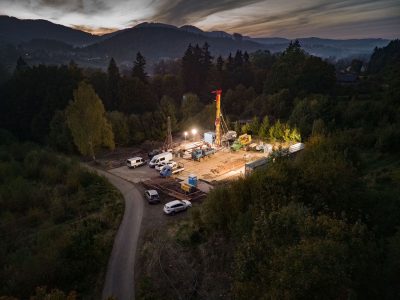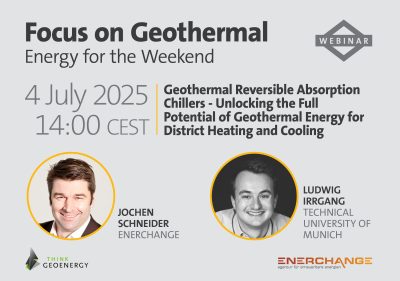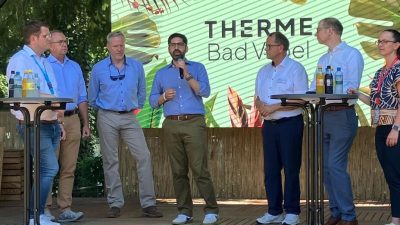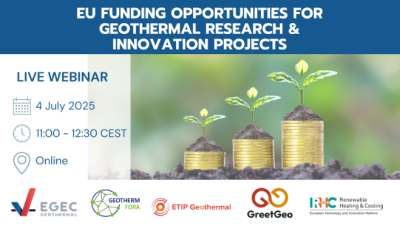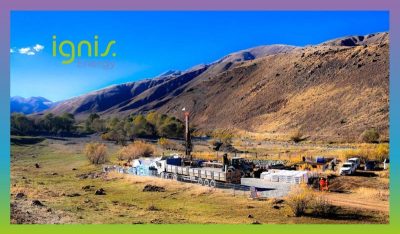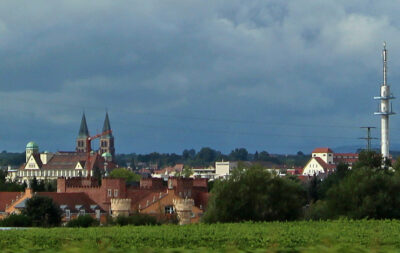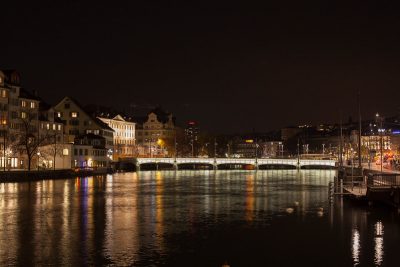Australian firm reports substantial lithium resources in geothermal brine in the Upper Rhine, Germany
Australian mining player Koppar Resources provided an update on its Vulcan Lithium Project in the Upper Rhine Valley in Germany, reporting large resources of Lithium found in geothermal brine in the region.
Australian listed company Koppar Resources Ltd. has provided a first update from its Vulcan Lithium Project in the Upper Rhine Valley of Germany.
The Company has established a conceptual Exploration Target of 10.73 to 36.20 Mt (million tonnes) of contained LCE (Lithium Carbonate Equivalent), based on a range of lithium concentrations between 126 mg/L Li and 190 mg/L Li. The Exploration Target demonstrates the potential world-class scale of the project. The Exploration Target’s potential quantity and grade is conceptual in nature, there has been insufficient exploration to estimate a Mineral Resource, and it is uncertain if further exploration will result in the estimation of a Mineral Resource.
The Vulcan Lithium Project is aiming to be Europe’s and the world’s first Zero Carbon Lithium project. It aims to do achieve this by producing battery-grade lithium hydroxide from hot sub-surface geothermal brines pumped from wells, with a renewable energy by-product, without the need for hard-rock mining. The Vulcan Lithium Project is strategically located at the heart of the European auto and lithium-ion battery manufacturing industry, just 60km from Stuttgart. The burgeoning European battery manufacturing industry is forecast to be the world’s second largest, with currently zero domestic supply of battery grade lithium products.
Vulcan Lithium Project Summary
The Vulcan Lithium Project is in the Upper Rhine Valley (URV) geothermal field in Germany, an area uniquely endowed with lithium-rich, hot sub-surface brines. These brines have been sampled extensively at multiple locations throughout the URV, with lithium grades often above 150 mg/l Li and up to 210 mg/l Li. These concentrations are similar to the Hell’s Kitchen lithium project in California (owned by Controlled Thermal Resources). The aim will be to explore and develop the Vulcan Project to produce battery-grade lithium hydroxide from geothermal brines. Subject to confirmation in proposed study work, a direct precipitation process will be used for lithium processing which is quicker and less water and carbon-intensive relative to the evaporative method used in South American salars. The temperature of the brines is anticipated to be an advantage in the development of the processing method. Subject to entry into an offtake or joint venture agreement with a geothermal power producer, as a by-product of the production process, renewable geothermal energy could be generated from dual-purpose wells that fully offsets energy consumed in lithium production & processing, providing a premium, “Zero Carbon Lithium” product for the EV market.
The project comprises two granted licenses and three license applications covering a total area of approximately 78,600ha. The Upper Rhine Valley brine field has been extensively studied due to its geological and geothermal characteristics, including exploration for oil and gas. As a consequence, the Company is acquiring a project in a very well understood brine field with considerable amounts of existing seismic and drilling data potentially available for exploration and resource evaluation.
For the full report with a large number of additional details can be accessed via the link below.
Source: Koppar Resources (pdf)
